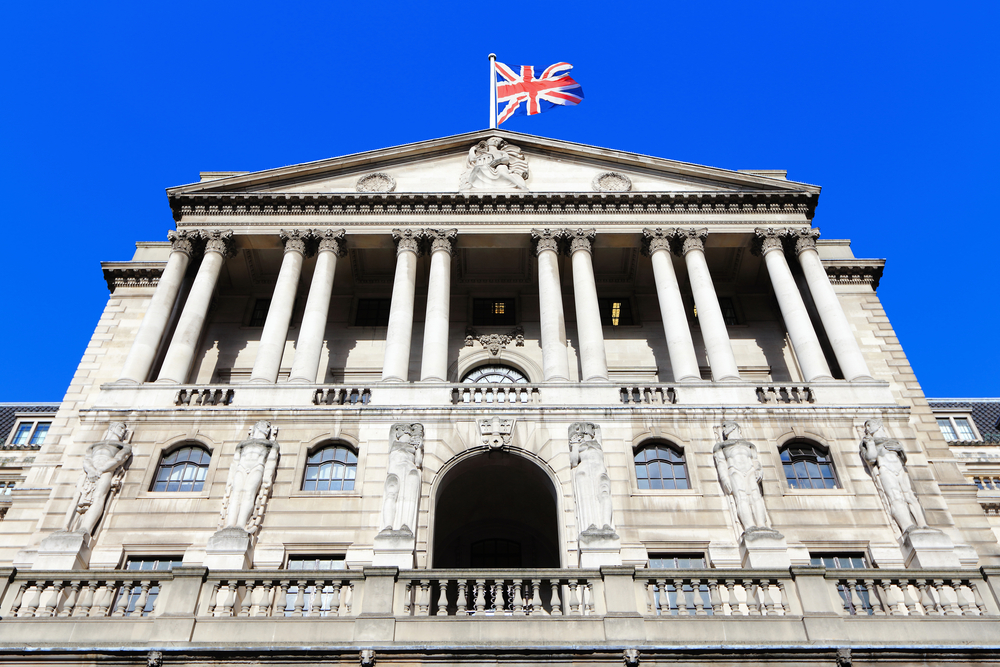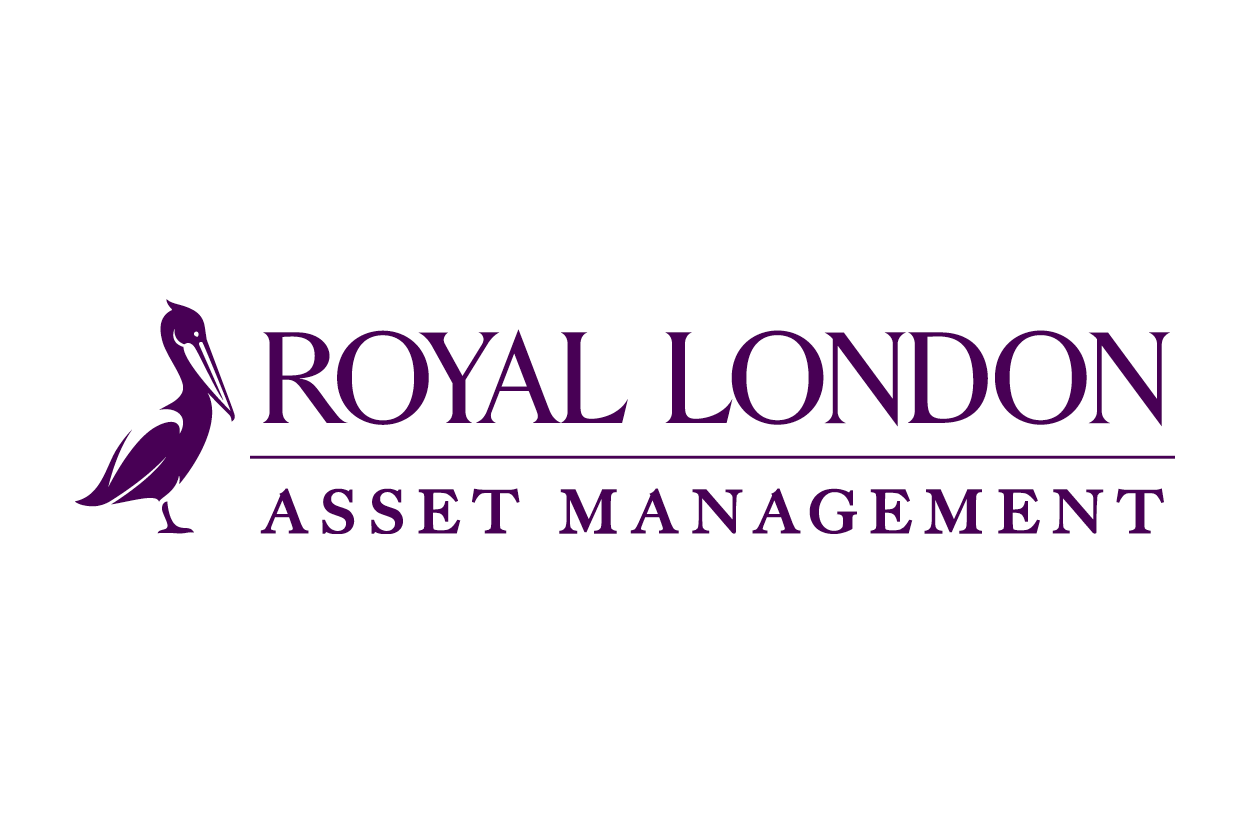The latest UK consumer price index (CPI) reading from the Office for National Statistics (ONS) came out at 5.4% for December, its highest level in almost 30 years.
Driven in the medium-term by more than a year of pandemic fiscal policy from the Bank of England (BoE) and supply chain issues worsening over the economic recovery period, shorter-term price increases in food, clothing and energy bills saw the UK CPI rise from 5.1% in November.
December’s reading is not only ahead of Bloomberg’s consensus estimate of 5.2% but is also the UK’s highest CPI since inflation of 7.1% was recorded in March 1992.
Core CPI – excluding energy, food, alcoholic beverages and tobacco – also jumped 0.5% month-on-month to 4.2%, ahead of Bloomberg’s target of 3.9%.
The BoE had already hiked interest rates by 15 basis points, to 0.25%, at its last policy meeting on 15 December.
Commenting, Melanie Baker, senior economist at Royal London Asset Management, said: “The pressure is building for another rate rise from the Bank of England in February.
“Many of the sources of rising inflation could still be described as transitory, but with inflation surprising on the upside by so much, with core inflation higher and at such a high level, worries about inflation expectations are also likely to build.”
Paul Jackson, global head of asset allocation research at Invesco, added: “The BoE has already started to tighten policy and we expect this to continue over the coming months and quarters. Bearing in mind the balance sheet expansion that has taken place during the pandemic, we view the BoE’s stance as very accommodative.
“We think the BoE will raise its policy rate to at least 1% by the end of 2022 (from the current 0.25%), with more to come thereafter. Markets are currently pricing in a rate of 1.25% by the end of the year, with the next rate hike likely coming at the 3 February meeting.
“The BoE is a long way from what we would consider to be 'normal' and we therefore expect this tightening cycle to last for a number of years."
Jackson added core inflation remains well ahead of the BoE’s 2% target but will eventually come back in line as base effects and one-off pandemic-related effects diminish and money supply growth works its way through the system.
He noted the UK may not see peak inflation until mid-2022, given the "large" upward revision to the energy price cap by Ofgem that is expected in April.
Robert Alster, CIO at Close Brothers Asset Management, said investors should expect the next few months to break “record after record”, with potential highs of 6% in April.
This, along with lagging wage growth, rates increases and fiscal retrenchment from the UK government, paint a bleak picture for the consumer spending outlook in 2022.
“What is certain is that the government and BoE will have a keen eye on consumer confidence in the coming months; the UK has missed out on the global trade recovery due to Brexit, and the government is trying to curtail its spending after it reached record highs during the pandemic.
“This leaves only consumer spending and business investment as drivers of British growth in the months to come; in these, confidence is key.”
Related articles






